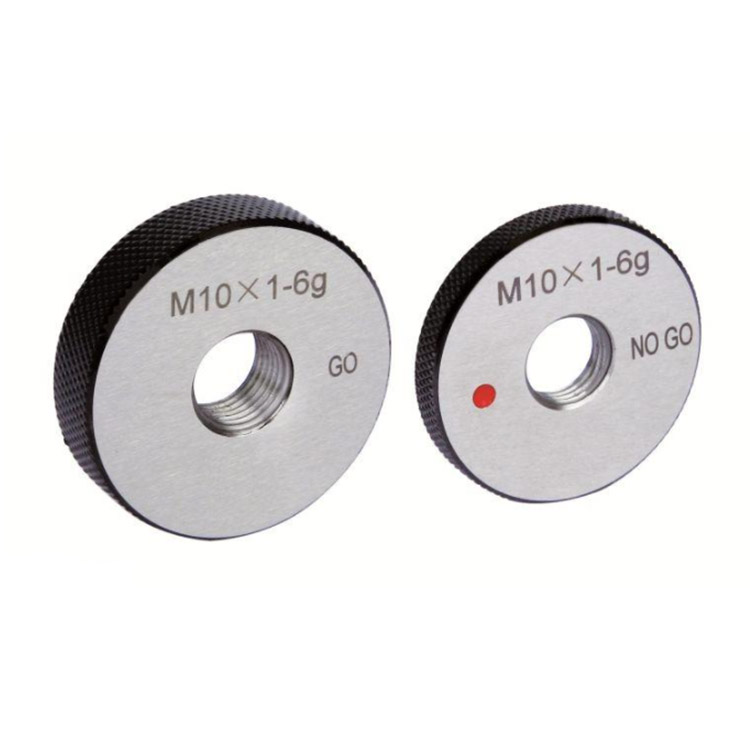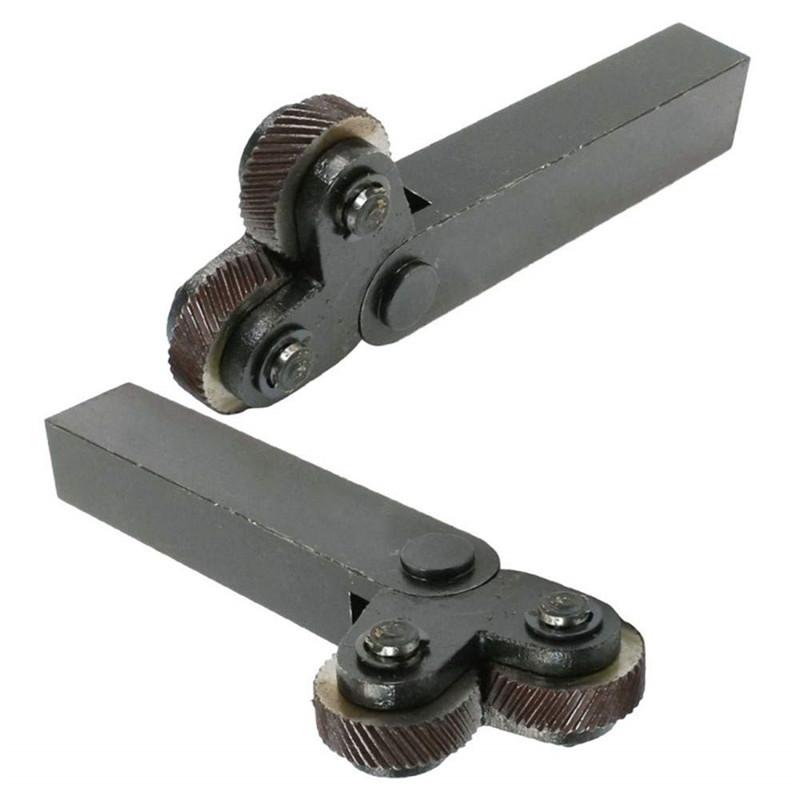Wholesale carbide tipped tool bit
Carbide tipped tool bits are essential cutting tools used in various machining operations, known for their exceptional hardness and wear resistance. This guide explores everything you need to know about sourcing wholesale carbide tipped tool bits, including types, applications, materials, and factors to consider when making a purchase. Learn how to select the right bits for your needs and find reliable suppliers.
Understanding Carbide Tipped Tool Bit
What is a Carbide Tipped Tool Bit?
A carbide tipped tool bit is a cutting tool comprised of a steel shank with a carbide cutting edge brazed or mechanically attached. Carbide, a composite material made of tungsten carbide particles bonded with a metallic binder (typically cobalt), provides superior hardness and wear resistance compared to high-speed steel (HSS).
Advantages of Using Carbide Tipped Tool Bits
- High Hardness: Maintains cutting edge at high temperatures.
- Wear Resistance: Lasts longer than HSS bits, reducing downtime.
- Versatility: Can cut a wide range of materials, including steel, cast iron, and non-ferrous metals.
- Cost-Effectiveness: Despite a higher initial cost, longer lifespan reduces overall tooling expenses.
Types of Carbide Tipped Tool Bit Available Wholesale
Turning Tools
Turning tools are used on lathes to remove material from a rotating workpiece. Common types include:
- Roughing Tools: For rapid material removal.
- Finishing Tools: For achieving precise dimensions and surface finishes.
- Threading Tools: For cutting threads on the workpiece.
- Parting Tools: For cutting off the workpiece from the stock material.
Milling Tools
Milling tools are used on milling machines to remove material from a stationary workpiece. Common types include:
- End Mills: For general-purpose milling and profiling.
- Face Mills: For machining large, flat surfaces.
- Slot Drills: For cutting slots and grooves.
Drilling Tools
Drilling tools are used to create holes in workpieces. Carbide tipped drill bits offer improved performance in demanding applications.
- Twist Drills: Standard drills for creating cylindrical holes.
- Step Drills: For creating holes with multiple diameters.
- Counterbores: For creating recesses for fasteners.
Boring Tools
Boring tools are used to enlarge existing holes with high precision.
- Single-Point Boring Bars: For accurate hole enlargement.
- Adjustable Boring Heads: For versatile hole sizing.
Factors to Consider When Buying Wholesale Carbide Tipped Tool Bit
Material Grade
The carbide grade affects the tool's performance and lifespan. Different grades are suitable for different materials and applications. Consult with suppliers like Wayleading Tools for recommendations.
Common Carbide Grades:
- C1-C4: For cast iron, non-ferrous metals, and non-metallic materials.
- C5-C8: For general-purpose machining of steel.
- C9-C13: For high-strength steels and abrasive materials.
Tool Geometry
The geometry of the cutting edge influences the tool's cutting performance, chip formation, and surface finish. Consider factors such as:
- Rake Angle: Affects cutting force and chip flow.
- Clearance Angle: Prevents rubbing between the tool and the workpiece.
- Nose Radius: Influences surface finish and tool strength.
Coating
Coatings can enhance the tool's wear resistance, reduce friction, and improve cutting performance. Common coatings include:
- Titanium Nitride (TiN): General-purpose coating for increased hardness and wear resistance.
- Titanium Carbonitride (TiCN): Offers higher hardness and wear resistance than TiN.
- Aluminum Titanium Nitride (AlTiN): Excellent for high-speed machining of hardened steels.
Shank Size and Type
Ensure the shank size and type are compatible with your machine tool holder.
- Straight Shank: Most common type, suitable for various holders.
- Taper Shank: Provides increased rigidity and accuracy.
- Threaded Shank: For specific tool holding systems.
Supplier Reputation
Choose a reputable supplier with a proven track record of providing high-quality carbide tipped tool bits. Check for certifications, customer reviews, and technical support.
Applications of Carbide Tipped Tool Bit
Metalworking
Carbide tipped tool bits are widely used in metalworking for machining steel, stainless steel, aluminum, and other metals. They are suitable for various operations, including turning, milling, drilling, and boring.
Woodworking
While primarily used for metal, carbide tipped tool bits are also effective in woodworking, especially for machining hardwoods and abrasive materials like plywood and composite boards. Their durability ensures clean cuts and extended tool life.
Automotive Industry
The automotive industry relies heavily on carbide tipped tool bits for manufacturing engine components, transmission parts, and chassis components. Their precision and durability are essential for meeting stringent quality standards.
Aerospace Industry
The aerospace industry utilizes carbide tipped tool bits for machining high-strength alloys like titanium and Inconel. These materials require tools with exceptional hardness and heat resistance.
Maintenance and Care of Carbide Tipped Tool Bit
Proper Storage
Store carbide tipped tool bits in a clean, dry environment to prevent corrosion and damage. Use protective cases or racks to avoid contact with other tools.
Regular Inspection
Inspect carbide tipped tool bits regularly for signs of wear, chipping, or damage. Replace worn or damaged bits to maintain cutting performance and prevent machine damage.
Sharpening
Sharpening carbide tipped tool bits can extend their lifespan and restore their cutting performance. Use specialized grinding equipment and follow the manufacturer's recommendations for sharpening angles and techniques.
Where to Buy Wholesale Carbide Tipped Tool Bit
Online Marketplaces
Online marketplaces like Alibaba and Global Sources offer a wide selection of carbide tipped tool bits from various suppliers. However, it's crucial to verify the supplier's reputation and product quality before making a purchase.
Direct Manufacturers
Purchasing directly from manufacturers like Wayleading Tools can offer better pricing and quality control. Direct manufacturers often provide technical support and custom tooling solutions.
Industrial Distributors
Industrial distributors specialize in supplying cutting tools and other industrial products. They typically offer a wide range of brands and products, along with technical expertise and customer service.
Pricing and Cost Considerations
Factors Affecting Price
The price of carbide tipped tool bits varies depending on several factors, including:
- Material Grade: Higher-grade carbide materials command higher prices.
- Tool Geometry: Complex geometries increase manufacturing costs.
- Coating: Coated tools are generally more expensive than uncoated tools.
- Quantity: Bulk purchases typically qualify for volume discounts.
Negotiating Prices
When buying wholesale carbide tipped tool bits, negotiate prices with suppliers to secure the best possible deal. Consider offering long-term contracts or volume commitments in exchange for lower prices.
Future Trends in Carbide Tipped Tool Bit Technology
Advanced Materials
Ongoing research is focused on developing advanced carbide materials with improved hardness, wear resistance, and thermal stability. These materials will enable machining of even harder and more abrasive materials.
Improved Coatings
New coating technologies are being developed to enhance the performance of carbide tipped tool bits. These coatings will offer superior wear resistance, reduced friction, and improved cutting performance in demanding applications.
Smart Tooling
Smart tooling integrates sensors and data analytics to monitor tool performance in real-time. This technology enables predictive maintenance, optimized cutting parameters, and improved process control.
Conclusion
Selecting the right wholesale carbide tipped tool bits requires careful consideration of material grade, tool geometry, coating, and supplier reputation. By understanding these factors, you can optimize your machining operations, reduce tooling costs, and improve product quality. Whether you're involved in metalworking, woodworking, or any other machining application, choosing high-quality carbide tipped tool bits is essential for success.
| Grade | Material | Application |
|---|---|---|
| C1-C4 | Cast Iron, Non-Ferrous Metals | General Purpose Machining |
| C5-C8 | Steel | Medium to Heavy Machining |
| C9-C13 | High-Strength Steel, Abrasive Materials | Heavy Duty Machining |
Data source: Carbide Processors Inc.
Related products
Related products
Best selling products
Best selling products-
 Metric Thread Ring Gauge 6g Accuracy With Go & NO Go
Metric Thread Ring Gauge 6g Accuracy With Go & NO Go -
 7pcs Carbide Turning Tool Set With Metric & Inch Size
7pcs Carbide Turning Tool Set With Metric & Inch Size -
 Parting & Grooving Tool Set With SLTB Blcok, NCIH Blades, GTN Inserts
Parting & Grooving Tool Set With SLTB Blcok, NCIH Blades, GTN Inserts -
 Indexable Spade Drill Holder With Helical Flute Holder And Taper Shank
Indexable Spade Drill Holder With Helical Flute Holder And Taper Shank -
 Type K-90 Degree Cone Tungsten Carbide Rotary Burr
Type K-90 Degree Cone Tungsten Carbide Rotary Burr -
 Carbide Tipped Hole Cutter For Cutting Stainless Steel And Iron Or Steel Plate
Carbide Tipped Hole Cutter For Cutting Stainless Steel And Iron Or Steel Plate -
 Dual Wheel Knurling Tools With Diamond Pattern For Industrial Type
Dual Wheel Knurling Tools With Diamond Pattern For Industrial Type -
 HSS 3PCS DIN352 Hand Tap Set With Taper And PLUG Or Bottoming Tap
HSS 3PCS DIN352 Hand Tap Set With Taper And PLUG Or Bottoming Tap -
 Precision IP54 Digital Outside Micrometer Of Inch & Metric With Data Output
Precision IP54 Digital Outside Micrometer Of Inch & Metric With Data Output -
 Precision IP67 Digital Caliper With Data Output For Industrial
Precision IP67 Digital Caliper With Data Output For Industrial -
 Electronic Digital Height Gauge From 300 to 2000mm
Electronic Digital Height Gauge From 300 to 2000mm -
 Precision V Block And Clamps Set With Industry Type
Precision V Block And Clamps Set With Industry Type











